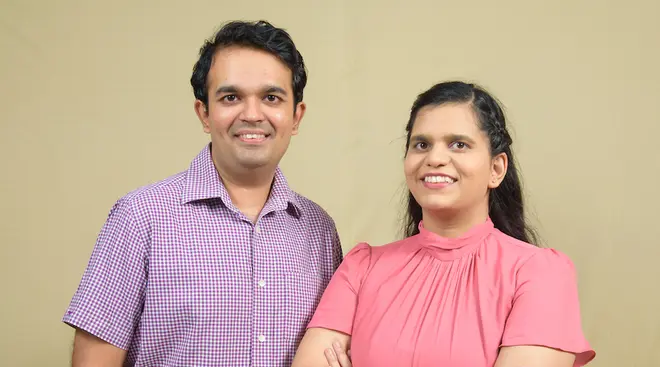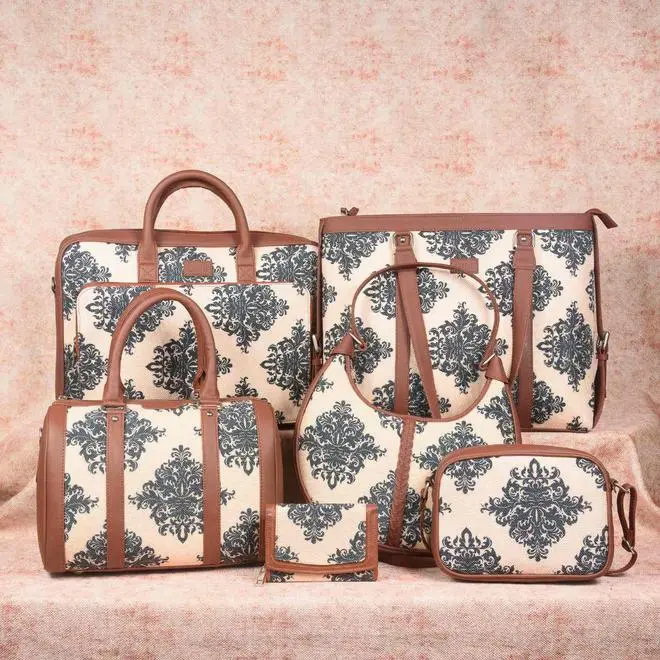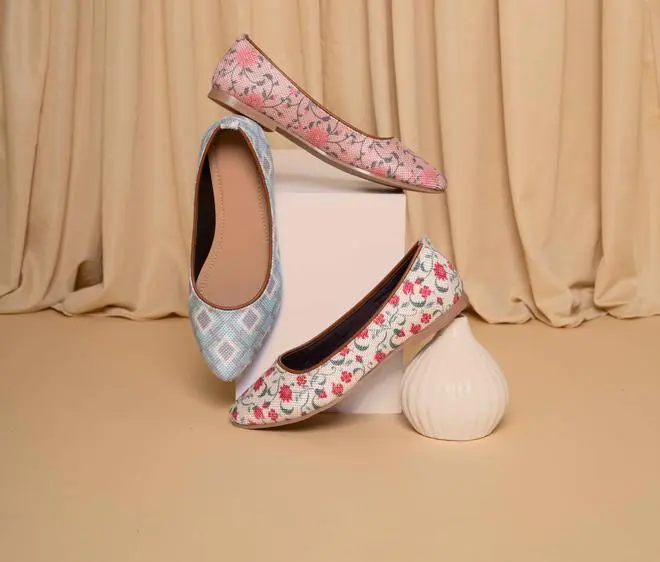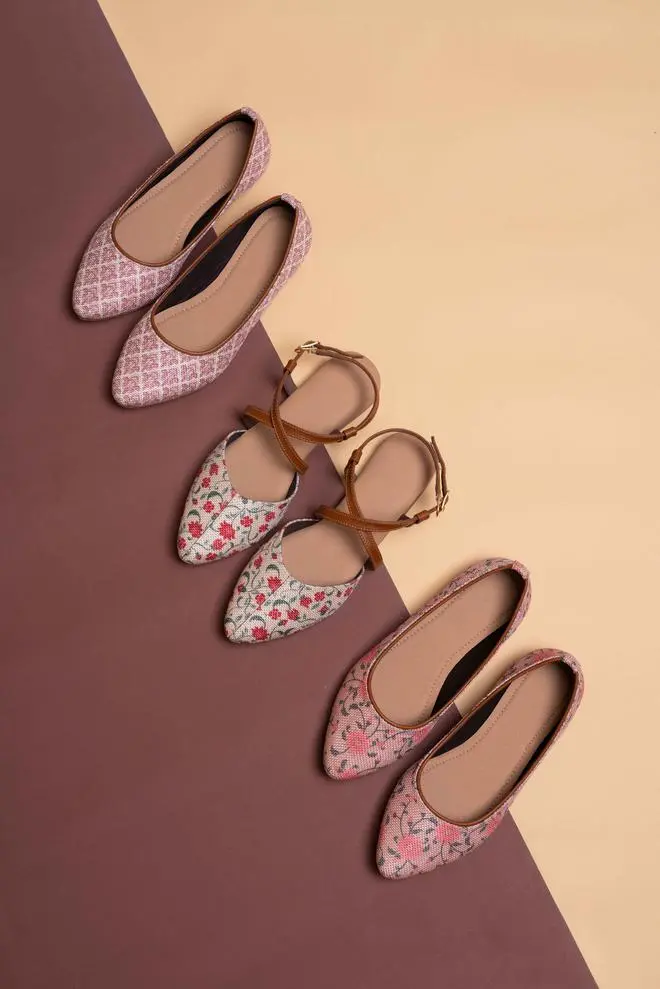This is a year of reckoning in many ways for direct-to-consumer – better known as D2C – brands. Many of them shot to prominence during the pandemic, finding interesting gaps in the market, capturing consumer mindspace by connecting directly with them online, and growing fast despite logistical challenges.
The question in 2022 is, will they be able to build on the early success and scale? Will consumer behaviour continue the same way online? And will they continue to enjoy the indulgent patronage of customers – especially as the big brands have woken to the challenge and are fighting back?
Vegan bag brand, Zouk, founded by husband-and-wife, engineer/MBA team of Disha Singh and Pradeep Krishnakumar has asked itself these questions and is taking on the scale challenge head on. This year is a story of expansions for the brand founded in 2018, which saw 16X growth during the pandemic period. Zouk has already expanded into a new product line — shoes; it is expanding offline, and it is also going to expand overseas. And as it straps itself for growth — the target is to get to an annualised revenue of ₹ 100 crore this year — it has gone into a brand identity refresh.

Zouk Founders: Disha Singh and Pradeep Krishnakumar
“Right from the start, we wanted to build a large brand from India for the world. Now we are just starting to bring the Zouk story to society here, in India itself,” says Krishnakumar.
The proposition
Zouk literally started from campus, says Krishnakumar, who met his wife Disha, at IIM-Ahmedabad. During a college trip to Kutch, she noticed how everyone admired the beautiful handicrafts, but no one bought anything. There was no modern functionality to these products. “We felt there was a gap here – take Indian handicraft designs but give them a spin for our modern sensibilities and needs,” says Krishnakumar .

Zouk Bags
The duo zeroed in on bags as most of the existing products in the market were western design inspired. And they felt their proposition of Indian artisan made bags with modern functionality would work. Disha wanted to name the company starting with the letter Z and also be something that denoted vibrancy and that’s how Zouk was arrived at. “We wanted to bring vibrancy to a staid category. Zouk as a dance form is very vibrant, and then there was also the middle eastern colourful bazaar Souk,” explains Krishnakumar.
The vegan proposition happened because the two founders reverse engineered some bags to find out what it consisted of. “We realised the key component was leather and saw the horrific process of its production. We said we are not going to put our names to this, and hence started our own base component – a chemically synthesised form of leather,” he describes, adding that “Bags are one of the easiest places to create more responsible products.”
Initially, once the designs were in place, they did exhibitions and then shifted to the online model. Today, Krishnakumar says Zouk has “2 lakh plus happy customers”.
The brand refresh, for which an outside agency called Local was roped in, happened because Zouk had arrived at a scale where it felt its customers deserved a better look than the hastily put together identity created by the duo to start off. Now the brand name is also written in Devanagari script as part of the logo. Further, the logo has a leaf motif embedded in the ‘K’ to signify its cruelty-free proposition and a full-stop to symbolise the modern Indian classic that it defines.
Product expansion

Zouk’s footwears
Expanding into footwear was logical according to Krishnakumar, as the category has the same white space that bags had. Most footwear are western in design, while the Indian ethnic footwear are either not comfortable, sturdy or not stylish enough.
“Comfort is what we are headlining in this category,” says Krishnakumar.
The pricing in both bags and footwear has been kept affordable. And this is where their MBA lessons came in handy. “One thing we realised was that, if you get the pricing right, it can be a game changer on how volumes pick up,” explains Krishnakumar. The bags and wallets start at ₹ 499 and go on to ₹ 2,000.

Zouk’s range of footwears
Significantly, most of the marketing – from social media, content to performance marketing to influencer marketing is still done in-house. “We are still a young brand – and the familiarity with what the brand stands for, the platforms like Instagram, Facebook, Youtube etc, we have confidence in doing ourselves,” explains Krishnakumar.
Even though the brand’s founders believe the online story will continue to grow in India, they are expanding offline. “We are present in a few stores. But that’s still a handful. Later this year we will be rapidly expanding offline into all sorts of formats – be it exclusive brand outlets, or working with traditional players,” he says.
Last year, Zouk raised $1.5 million in a pre-series ‘A’ funding round led by Stellaris Venture Partners, and is well capitalised for expansion, local and overseas. “It will be the US and Canada fi rst,” says Krishnakumar
All the plans are in place, now it is up to Zouk to put its best foot forward, and prove that it can make the leap to scale.







Comments
Comments have to be in English, and in full sentences. They cannot be abusive or personal. Please abide by our community guidelines for posting your comments.
We have migrated to a new commenting platform. If you are already a registered user of TheHindu Businessline and logged in, you may continue to engage with our articles. If you do not have an account please register and login to post comments. Users can access their older comments by logging into their accounts on Vuukle.